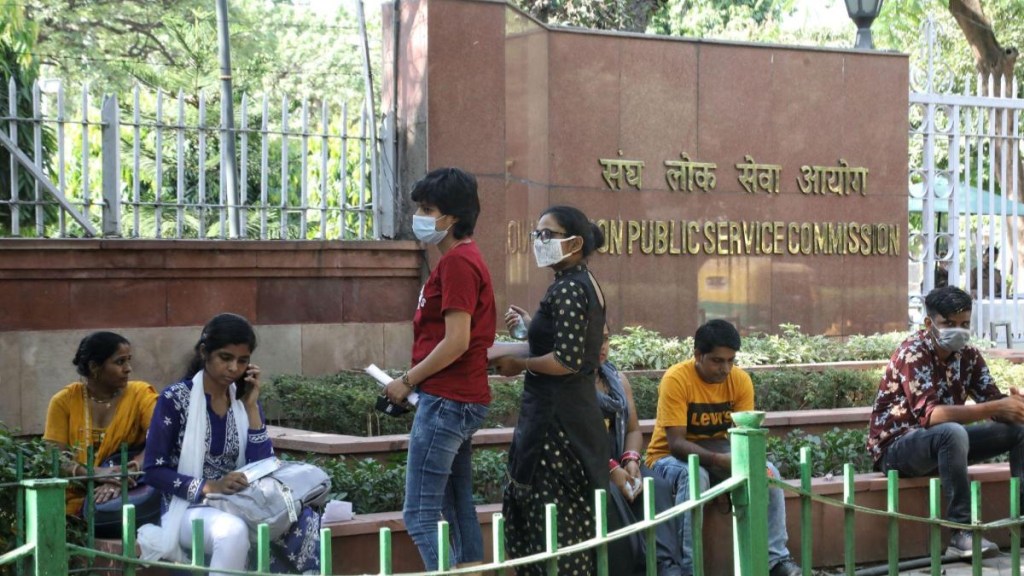The Union Public Service Commission (UPSC) has announced the introduction of several advanced security measures, including Aadhaar-based fingerprint authentication, facial recognition, and live Artificial Intelligence (AI)-based CCTV surveillance in a move to bolster the integrity of its examinations. These steps aim to prevent cheating, fraud, unfair means, and impersonation during UPSC-conducted exams, the Hindu reported.
The decision comes amid the case of trainee IAS officer Puja Khedkar, who is currently under investigation for allegedly faking her identity to bypass appearance norms for the Civil Service Exams and the controversies surrounding the National Testing Agency’s (NTA) conduct of exams, including the NEET-UG exam.
UPSC conducts 14 examinations annually, including the prestigious Civil Services Examination (CSE) and various recruitment tests and interviews for Group ‘A’ and Group ‘B’ posts in the Government of India. To enhance exam security, UPSC has invited bids from Public Sector Undertakings (PSUs) to provide technological services during these exams.
The tender floated by UPSC specifies several advanced security measures, including:
– Aadhaar-based Fingerprint Authentication to ensure that only registered candidates can sit for the exams
– Facial Recognition to prevent impersonation, candidates’ faces will be verified against their registered photos
– QR code scanning of e-admit cards by hand-held devices to auto-fetch candidate details from the UPSC database
– Live AI-based CCTV surveillance in exam halls to monitor candidate activities and ensure compliance with exam protocols
According to the tender documents, UPSC will provide the exam schedule, list of venues, and number of candidates per venue to the service provider two to three weeks before the examination, the Indian Express reported. Candidate details, including names, roll numbers, and photos, will be shared seven days before the exam for use in fingerprint authentication and facial recognition.
At each examination center, the service provider must deploy QR code scanner-integrated hand-held devices and sufficient manpower. During the mains examination, interviews, and verification processes, the service provider must verify candidate identities using the data captured initially.

